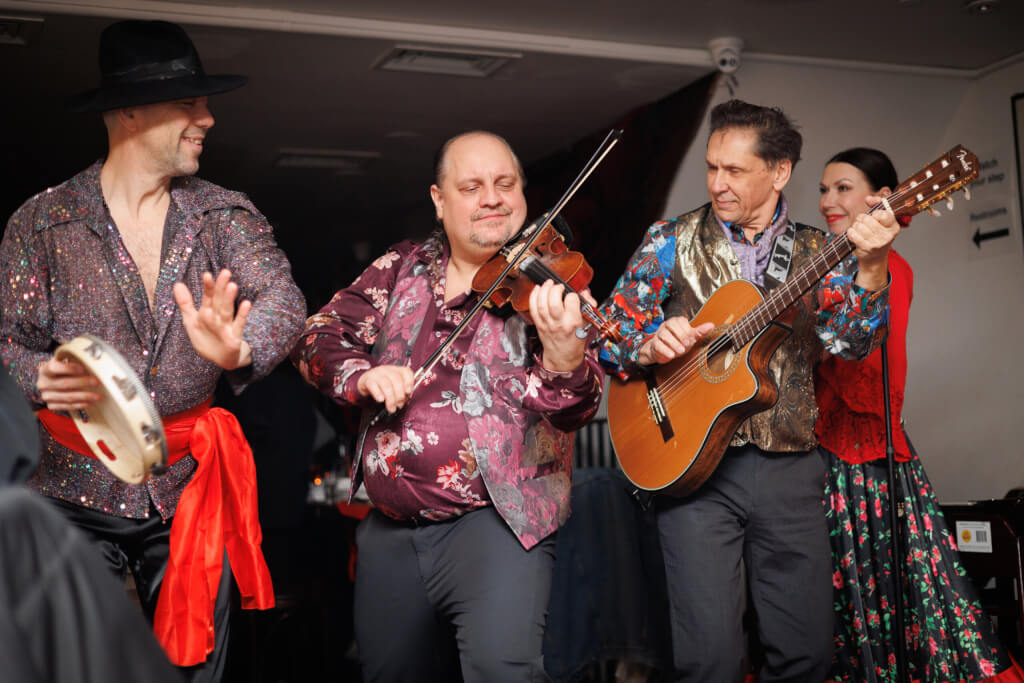`` We only have arms and legs in common, everything else is different '': how do Russians differ from Americans
'03.08.2021'
Nurgul Sultanova-Chetin
Americans and Russians. Perhaps there were many anecdotes about how different we are. And recently there have been even more of them. Why Americans and Russians do not understand each other and what we have in common, the newspaper found out Lenta.ru during a conversation with American sociologist John Smith.

The sociologist believes that we have in common only arms, legs and other parts of the body. Among other things, he explained why the Russians easily fall into the position of "the whole world is against us, and we are so proud, misunderstood and offended."
Smith says the longer he lives in Russia, the more he notices the differences between Russians and Americans. He has been living in Russia for 25 years, 15 of which - permanently. 90% of the differences, he said, are subconscious, that is, we act “automatically”.
The sociologist believes that the basic difference is in the locus of control, that is, in the tendency to look for the reasons for what is happening in oneself or in others. In the American, the locus of control is self-directed. If something did not work out, he looks for the reason that he was not prepared enough or did not want it strongly enough. The Russian, on the other hand, puts himself below everything - the circumstances around him. Most often, the government, history, climate are to blame for the troubles of Russians. Therefore, Americans are focused on their desires - "I want to become a yoga instructor, skater, composer." They do not notice obstacles, hence self-confidence (often unreasonable).
External locus of control
For the most part, Russians are not self-confident. And this uncertainty is often also unfounded. They think that they can do nothing and that nothing depends on them. John believes that even the well-known “maybe” is a shining example of the external locus of control prevalent among Russians.
On the subject: How much more expensive life in New York is than in Moscow
According to a study by the Institute of Sociology of the Russian Academy of Sciences, 55% of Russians have an external locus of control, while it manifests itself in only 15% of Americans. There are many reasons for believing that someone else is in control of your life and you have a minimum of control: the history of Russia, the Tatar-Mongol yoke, serfdom, the USSR, the traumatic 1990s and the default of 1998. Even the harsh climate of Russia plays into the hands of the external locus of control, as well as religion and fairy tales that reinforce this idea.
America, on the other hand, is a country of immigrants, people who treated their countries differently from most citizens. She brought together the most mobile citizens of all countries. This is actually a selection of the best according to the external locus of control.
How is this difference expressed in practice?
The fact that even talking to Russians and Americans is difficult. For example, at various round tables, Smith noticed that Americans can talk and talk. They were taught from childhood to express their opinions without fear. Russians are afraid to say something wrong, to be wrong, to attract attention.
Roughly speaking, the American puts himself above reality, and the Russian below. Therefore, it is so difficult for them to understand each other, because for this you need to be on the same level.
However, the sociologist believes that there is always a chance to understand each other. He asks Americans to speak less or even be silent if possible. Ask questions and listen. This is difficult for an American, but possible. And he recommends to Russians to speak more, to take risks. This is very important for contact. This will help the Americans to get out of an unjustifiably high position, and the Russians to rise.
Where does it feel like we speak different languages
In a sense, it is, says Smith. If the American says no, it means a rejection. If a Russian says “no”, it can mean “no”, “maybe” and even “yes”. Incidentally, this is a great culture shock for American men caring for Russian girls. After all, a girl may be surprised when, after a dozen “no”, an American stops caring. For an American, a maximum of a pair “no” is enough. No, no, no. But for a Russian girl, “no” can be part of the game.
As far as “yes” is concerned, everything is exactly the same. For the Russian, “yes” is agreement. But for an American it can mean “yes”, “maybe” and even “no”. This is a kind of protection of personal boundaries. For an American, “no” is, on a subconscious level, a violation of boundaries, whether physical or mental.
Privacy is something an American cannot live without
In Russian, there is not even an equivalent to this word. If Russians' personal boundaries are blurred, then an American cannot live without them. How does this affect intercultural communication? Hearing the American "yes", the Russian considers it hypocrisy. On the other hand, he will not take the American “no” seriously, the American will think that he is being treated rudely.
On the subject: American horror films that freeze the blood, or How to scare a Russian person in the USA
“There are no bad intentions, nobody wants anything bad. We behave in a way that is customary in our cultures. The result is a conflict! ” Smith explained.

Conflict resolution
In a conflict situation, Americans and Russians also act differently. The Russian will begin to sort things out directly. The American will turn to an intermediary.
The sociologist has experienced this for himself. Once on a train bound for St. Petersburg, he turned to the conductor with a request to calm down the neighbors. They were too noisy. The neighbors got angry because of this, because Smith could just tell them himself that they were making noise ...
The reason is that the average American hates conflict. Therefore, in America there are so many professions that allow people not to enter into conflicts, but to transfer it all to specially trained people. For example, a police officer.
This is why Americans turn to them so easily for help, and also abide by rules and laws. The Americans have built a kind of "buffer system". Officials, police officers, a teacher, a guide - these are people to whom the position allows them to say and do various necessary, but uncomfortable things.
In Russia, it is difficult to imagine that a person himself would turn to a policeman for help. Yes, the police and officials in Russia are different. But Smith thinks the Russians are fine with that. Conflict is a way of ordinary communication in Russia. He believes that the Russians say what they think during the conflict. Because it is normal for them to go into conflict.
Smith himself fought for the first time in his life in Russia. And he hopes that this was the first and last time.
“I have seen many times how people fought here. And after 10 minutes they hugged. I myself fought here for the first time in my life - I hope the last. After 20 minutes, this man and I were already hugging. My American side is still ashamed. And the Russian part says that, perhaps, it was great, ”he admitted frankly.
Many Russians who have moved to America say that Russia is bad. Smith thinks it’s not bad, but just different.







